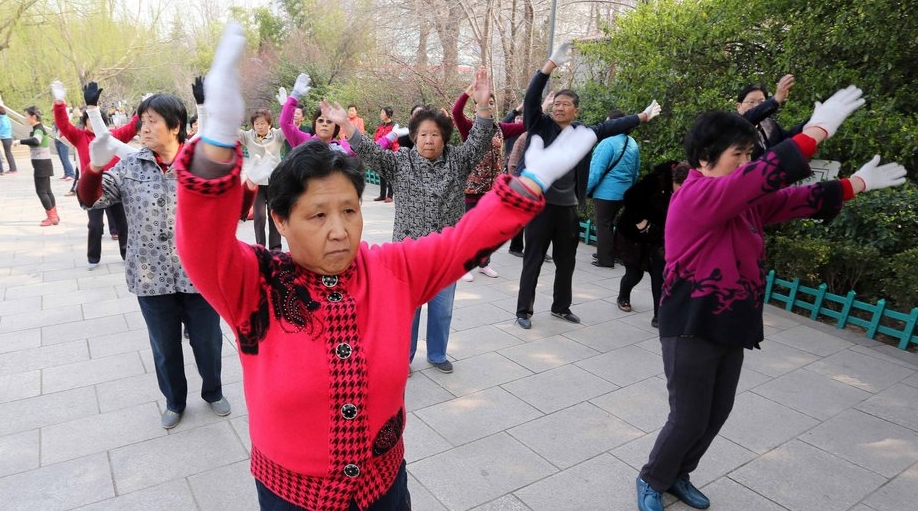Collapse of Square Dancing Apps Show it's Still Too Early to Cash in on Chinese Dama
This post comes courtesy of our content partners at TechNode.
Group-purchasing, ride-hailing, VR/AR, shared spaces, bike-rental … New trends or verticals continue to emerge in China’s tech world. Some will blossom, some will perish, but everything could happen really fast. Unfortunately, startups that are targeting China’s “dàmā” (大妈) fall into the second category. Only three or four firms are still in the business while a majority of their peers have either shifted focus or collapsed, local media reported.
Apps for square dancing, inarguably the favorite pastime of Chinese dama, began to flourish in 2015. Over the past two years, over 60 startups entered this field. At its peak, apps that boast hundreds of thousands of downloads like Tangdou, Jiuai (就爱), and 99广场舞 began to emerge. Most adopt various means to commercialize the business, from ads, travel, and e-commerce to offline events. The live streaming boom also penetrated the square dancing app sector, but it’s difficult to retain users due to sophisticated operations.
A CNNIC report shows that Chinese netizens aged above 60 years totaled 36 million, accounting for 4.8 percent of China’s 751 million internet users.
Despite the great target user base, square dancing apps still find that a huge portion of their audience is still out of reach for generating revenues. First, it’s hard to encourage a usually suspicious older generation to spend online. In addition, the penetration of online or mobile payment among Chinese seniors is not high, although the situation is gradually changing with extensive promotions from Alipay and WeChat Pay.
Photo: China Daily







